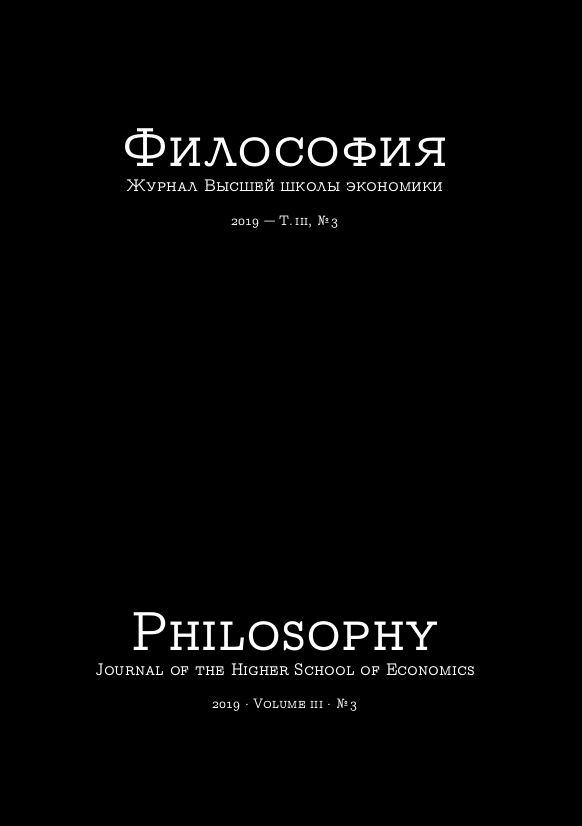Индуктивное исчисление рисков в этике убеждения
Аннотация
Из каких норм этика веры выводит ее добродетели и пороки, дозволения и запреты? Поскольку прагматисты понимают эпистемологию как теорию исследования, в статье будет предпринята попытка объяснить, каковы цели и задачи этики убеждения, или т. н. «руководства», которое наилучшим образом соответствует этому пониманию эпистемологии. Я подкреплю этот тезис ссылками на работы Уильяма Джеймса и некоторых современных прагматистов. В данной статье этика убеждения рассматривается в контексте ответственности управления рисками, где под доксастической ответственностью понимается степень рискованности доксастических стратегий агентов, которая, в свою очередь, наиболее объективно измеряется через соблюдение или несоблюдение индуктивных норм. Доксастическая ответственность приписывается агентам на основе того, насколько эпистемически рискованным был процесс или стратегии исследования, существенные этиологии их убеждений или поддержания уже имеющихся. Рассмотрение «доксастических стратегий» индивидуальных и коллективных агентов в качестве центральных для проектов эпистемической оценки приводит к совершенно иному их объяснению, чем и стандартный эпистемологический ацент на «процессе» объективно достоверной этиологии веры, и стандартный эвиденциалистский акцент на рефлексивно доступных «причинах» действия агента, дающих ему определенный тип обоснования его убеждения, личный / субъективный.






